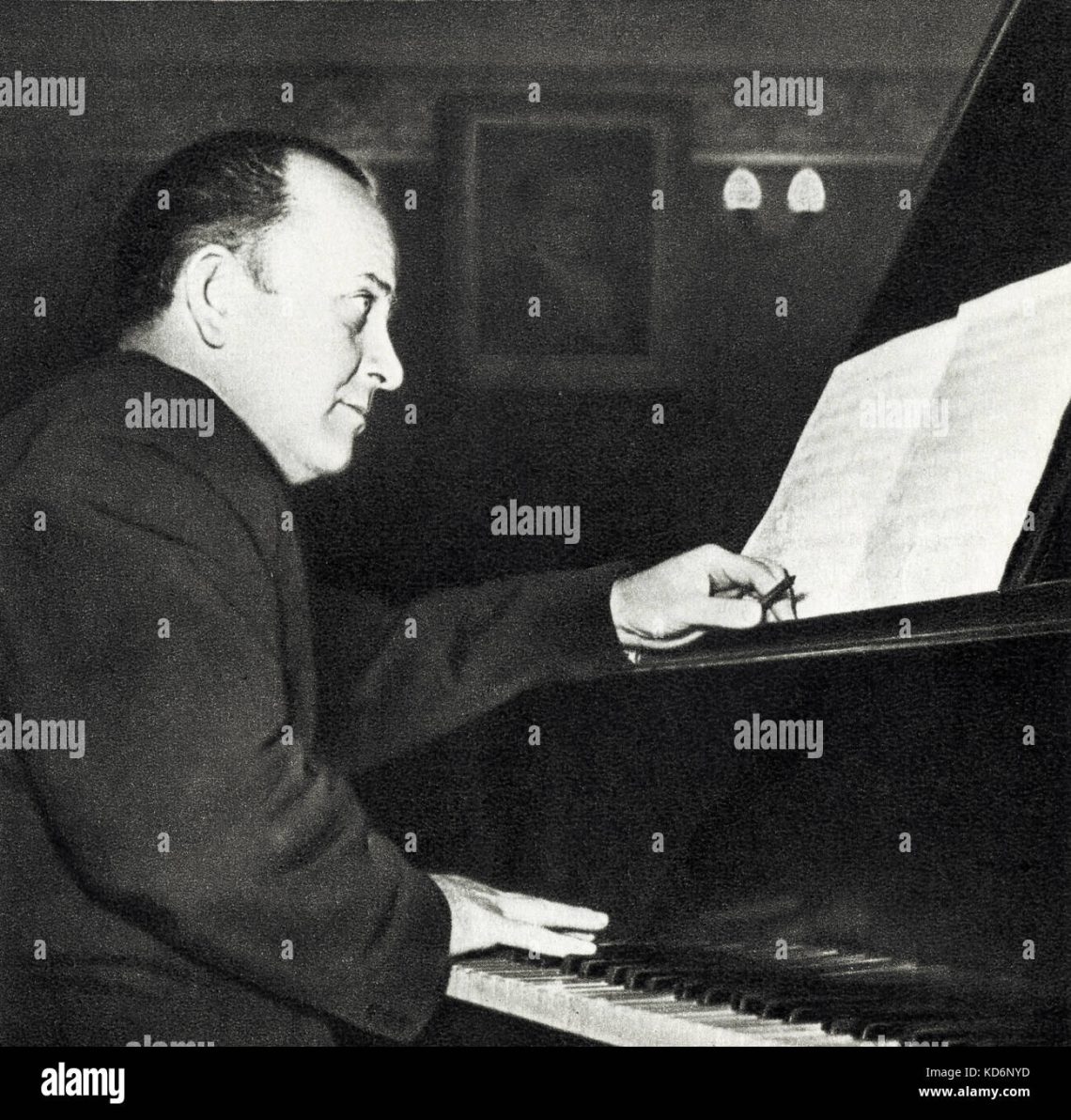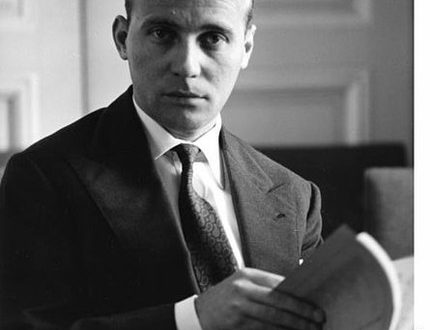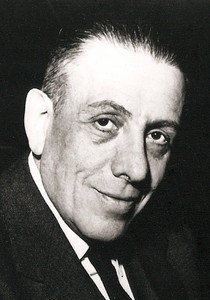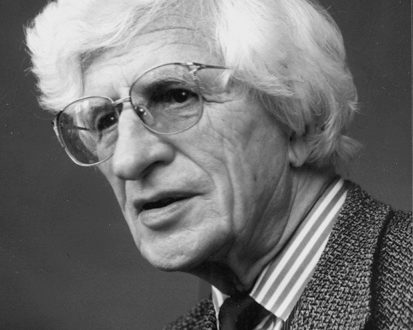
Alexey Machavariani |
Alexey Machavariani
Machavariani is a surprisingly national composer. At the same time, it has a sharp sense of modernity. … Machavariani has the ability to achieve an organic fusion of the experience of national and foreign music. K. Karaev
A. Machavariani is one of the greatest composers of Georgia. The development of the musical art of the republic is inextricably linked with the name of this artist. In his work, the nobility and majestic beauty of folk polyphony, ancient Georgian chants and sharpness, impulsiveness of modern means of musical expression were combined.
Machavariani was born in Gori. Here was the famous Gori Teachers’ Seminary, which played a significant role in the development of education in Transcaucasia (composers U. Gadzhibekov and M. Magomayev studied there). From childhood, Machavariani was surrounded by folk music and fabulously beautiful nature. In the house of the father of the future composer, who led an amateur choir, the intelligentsia of Gori gathered, folk songs sounded.
In 1936, Machavariani graduated from the Tbilisi State Conservatory in the class of P. Ryazanov, and in 1940, he completed his postgraduate studies under the guidance of this outstanding teacher. In 1939, the first symphonic works by Machavariani appeared – the poem “Oak and Mosquitoes” and the poem with the choir “Gorian Pictures”.
A few years later, the composer wrote a piano concerto (1944), about which D. Shostakovich said: “Its author is a young and undoubtedly gifted musician. He has his own creative individuality, his own composer’s style. The opera Mother and Son (1945, based on the poem of the same name by I. Chavchavadze) became a response to the events of the Great Patriotic War. Later, the composer would write the ballad-poem Arsen for soloists and choir a cappella (1946), the First Symphony (1947) and the poem for orchestra and choir On the Death of a Hero (1948).
In 1950, Machavariani created the lyrical-romantic Violin Concerto, which has since firmly entered the repertoire of Soviet and foreign performers.
The majestic oratorio “The Day of My Motherland” (1952) sings of peaceful labor, the beauty of the native land. This cycle of musical pictures, permeated with elements of genre symphonism, is based on folk song material, translated into a romantic spirit. The figuratively emotional tuning fork, a kind of epigraph of the oratorio, is the lyric-landscape part 1, called “Morning of my Motherland”.
The theme of the beauty of nature is also embodied in Machavariani’s chamber-instrumental compositions: in the play “Khorumi” (1949) and in the ballad “Bazalet Lake” (1951) for piano, in the violin miniatures “Doluri”, “Lazuri” (1962). “One of the most remarkable works of Georgian music” called K. Karaev Five monologues for baritone and orchestra on st. V. Pshavela (1968).
A special place in the work of Machavariani is occupied by the ballet Othello (1957), staged by V. Chabukiani on the stage of the Tbilisi State Academic Opera and Ballet Theater in the same year. A. Khachaturian wrote that in “Othello” Machavariani “reveals himself fully armed as a composer, thinker, citizen.” The musical dramaturgy of this choreographic drama is based on an extensive system of leitmotifs, which are symphonically transformed in the process of development. Embodying the images of the work of W. Shakespeare, Machavariani speaks the national musical language and at the same time goes beyond the limits of ethnographic affiliation. The image of Othello in the ballet is somewhat different from the literary source. Machavariani brought him as close as possible to the image of Desdemona – a symbol of beauty, the ideal of femininity, embodying the characters of the main characters in a lyrical and expressive manner. The composer also refers to Shakespeare in the opera Hamlet (1974). “One can only envy such courage in relation to the works of world classics,” wrote K. Karaev.
An outstanding event in the musical culture of the republic was the ballet “The Knight in the Panther’s Skin” (1974) based on the poem by S. Rustaveli. “While working on it, I experienced a special excitement,” says A. Machavariani. – “The poem of the great Rustaveli is an expensive contribution to the spiritual treasury of the Georgian people,” our call and banner “, in the words of the poet.” Using modern means of musical expression (serial technique, polyharmonic combinations, complex modal formations), Machavariani originally combines the techniques of polyphonic development with Georgian folk polyphony.
In the 80s. the composer is active. He writes the Third, Fourth (“Youthful”), Fifth and Sixth symphonies, the ballet “The Taming of the Shrew”, which, together with the ballet “Othello” and the opera “Hamlet”, made up the Shakespearean triptych. In the near future – the Seventh Symphony, the ballet “Pirosmani”.
“The true artist is always on the road. … Creativity is both work and joy, the incomparable happiness of an artist. The wonderful Soviet composer Alexei Davidovich Machavariani also possesses this happiness” (K. Karaev).
N. Aleksenko





